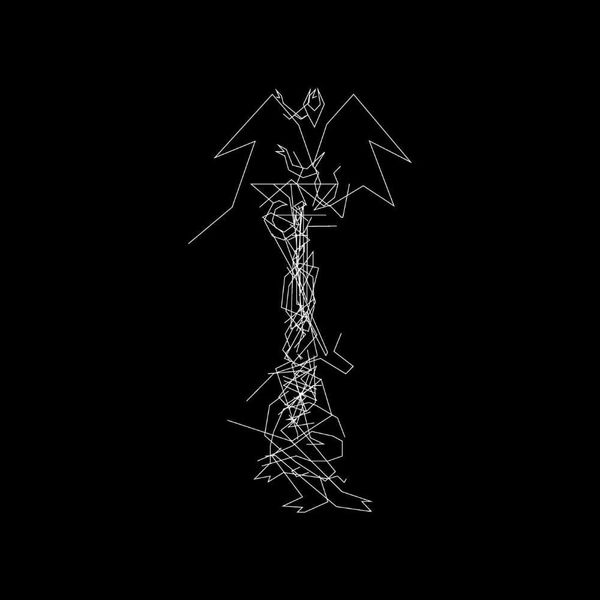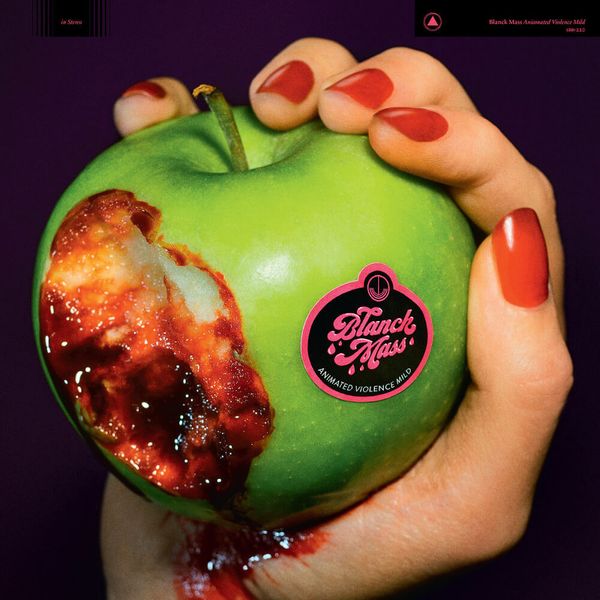André
I’ve become rather attached to Daniel Lopatin’s latest work. It’s hardly a surprise really, given my fondness for 2015’s Garden of Delete, an album that brutally demonstrated that Oneohtrix Point Never is one of the most vital artists working in the electronic music field.
With Age Of, his 10th studio album (or 8th, depending on who you ask), Lopatin has constructed his most accessible work yet. Whereas GoD opted for something loud, ferocious and frenzied, this pulls back for a much softer sound. The same methods are being used to create unexpected chaos, just with a different palette of sounds. Harpsichords and nostalgic synths replace death metal growls and rapid-fire kick drums, and it makes for a more calming listen. Even so, Age Of still has the capability to disarm and unsettle the listener, not necessarily through its dynamics and instrumentation, but rather through form and sonic progression.
Age Of feels more emotive than OPN’s past works too, though that may well be a more personal aspect. I constantly find myself washed over by an enormous wave of nostalgia, reminded of youthful joys. The title track feels like a modern take on an Age of Empires theme, whilst “Manifold” wouldn’t feel out of place on C418’s Minecraft soundtrack. “RayCats” also captures the same videogame-esque sensation, albeit one that’s harder to place due to the overwhelming sense of ambiguity. The ethereal melody on “Toys 2” has a similar mystique to that of Angelo Baladamenti’s Twin Peaks soundtrack, which immediately makes it a favourite of mine.
Lopatin’s influences are hardly subtle, but they are frequently implemented in tasteful fashion. Nothing here feels heavy-handed or crass. OPN purposefully avoids the tired tropes of electronic music, which always results in at least a degree of fascination. Age Of is a little unfocused at times, but it’s too intriguing for that to ever be a problem. Electronic music can be extremely stale, at times utterly predictable, but never could you throw such accusations in the direction of OPN. This is, once again, a truly tremendous work.
8 out of 10
Fred
I find it difficult to talk about music like this, whatever this is. Renaissance art dipped in crazy and given a soundtrack? Something like that. As far as craft goes, I listen and hear only things to admire. The mix is neatly polished and well oiled, with harpsichords and autotune rubbing shoulders as if it were the most natural thing in the world.
Daniel Lopatin has spoken about being in ‘a sort of quasi-blacked out state of obsession of just stacking and moving around MIDI notes’ while making this record. That comes through. There’s an unlikely liquidity to the arrangements that’s refreshing to hear after the death by icy shards approach of Garden of Delete. Still, aesthetic isn’t enough for me on its own. Sloshing around inside Lopatin’s head can be pretty neat, but it’s not always terribly affecting.
It is inviting, though. There’s a constant sense that Lopatin is pushing the boundaries of his own sonic landscape, as if the dual support of bandmates and collaborators has emboldened him to take us there. There are points across Age Of where I can tap into the wonder of that, be it through the nightmare regality of the title track or the vicious buzz and whirr of “We’ll Take It”.
So much as it goes anywhere, Age Of is an expansive and textured soundtrip. Fans of electronic music will likely love it, as is tradition when the word ‘textured’ starts getting thrown around. I don’t think the record is a tour de force; tour de fou maybe. It’s accessible by Oneohtrix Point Never standards, but that still puts it somewhere between the Moon and Mars.
7 out of 10
Andrew
It seems all three of us have come at Age Of from different starting points and all arrived at roughly the same conclusion. For me, Oneohtrix Point Never’s previous release was rather too rich for my blood, often building a mania of pretty ominous layers of sound then dropping everything and doing something totally different. It honestly made for a frustrating listen where I just wanted a little more exploration of each idea.
Age Of returns with a far more organic set of timbres at its core. Harpsichord, strings of all sorts, piano and orchestral instrumentation of a wide variety all feature heavily. Synths that are used are more likely to be sweet leads and lush pads, and vocals are surprisingly common coming off the back of Garden of Delete. Where Oneohtrix Point Never starts to apply his hallmarks is in the twisting and subverting of the instrumentation. That includes dropping an idea before it quite meets its conclusion too, though to a far less brutal extent. “Babylon” is a great example of all the above early on. The base of the track is relatively unassuming, filled with warm instrumentation and a largely solo vocal, but the hallmarks still shine through, with whispers dotted throughout, a doubled up, shouty vocal with unexpected tweaks, all rounded out with a ‘drop everything’ exit to the track to move on to something else.
Where this album really shines though, is in the latter half of the album. “We’ll Take It” is a stand out track, leaning more into an electronic instrumental and patchworking samples across its 4-minute play time, it builds layer upon churning layer and bends itself into a rather breathtaking sound by its final minute. “Same” has a similar grandeur and gives me a strong Björk vibe which I certainly appreciate. It makes for a very engaging listening experience and, while there are definitely still issues in terms of the album’s focus, I’ll take a lack of focus over mundanity any day.
8 out of 10



